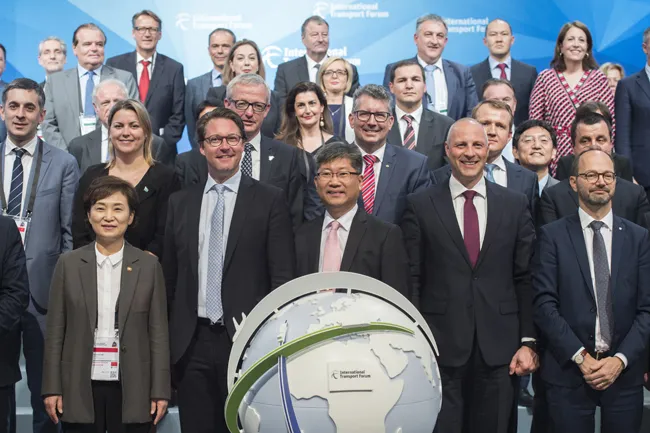
Launched in 2013, the Belt and Road Initiative (BRI) aims to alter the socio-economic landscape along the Silk Road linking Asia and Europe. The first phase of these multibillion dollar infrastructure investments focusses on developing and modernising means of transport covering highways, railways, ports, airports and pipelines.
This “Modern Silk Road”, for which China invests several billions of dollars a year, aims to make Eurasia a thriving economic trading area. To advance this cause, China has entered into bilateral agreements with most of the countries from Eastern Europe to South East Asia.
Current estimates for required funding range between US$4-10 trillion for the coming decade. To date, most financing has been provided by governments and multilateral and commercial banks. However, as this is finite, private investors, typically reluctant to allocate resources to riskier long-term projects, must be sufficiently encouraged to invest and yields must therefore be attractive.
Besides funding, substantial reforms, such as improving financial integration and trade liberalisation, must be implemented within and outside of China.
Part of the official programme of the Summit, the event will convene the Minister of Transport of China, the Minister of Transport of Turkey, the Asian Infrastructure Investment Bank (AIIB), the World Bank, and others to discuss key questions:
- What measures must be implemented to incentivise investments in these projects?
- What is required to create conducive environments for the development of sustainable transport infrastructure projects?
- How can international cooperation and coordination be maximised?
The session will take place on 22 May and participation is open to all registered participants of the ITF Summit.
Learn more on %$Linker:






